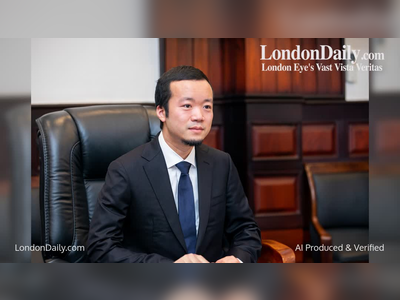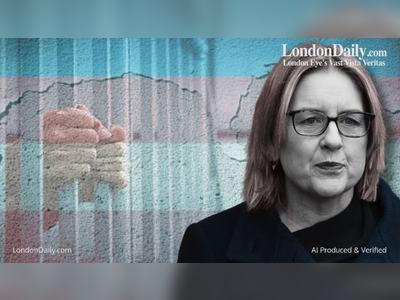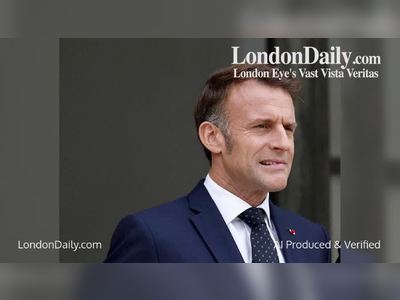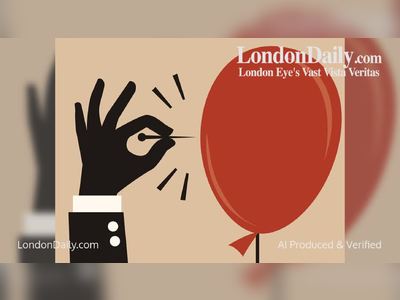McGowan Urges Chalmers to Cut Spending Over Tax Hike to Close $20 Billion Budget Gap
Former Western Australian Premier Mark McGowan has added his voice to a growing chorus of business leaders urging Treasurer Jim Chalmers to prioritise spending cuts rather than raising taxes to address what is now described as a $20 billion fiscal shortfall. He spoke at a Property Council event in Perth, emphasising concern over rising welfare and disability costs.
McGowan specifically singled out the National Disability Insurance Scheme (NDIS) as an area where unchecked growth has become unsustainable. “If I were the commonwealth government, I would look more towards spending,” he said, pointing to the “ridiculously high” trajectory of NDIS outlays. He also urged the government to pursue regulatory reforms that can boost productivity and simplify overlapping Commonwealth–state frameworks.
The intervention follows Chalmers’ recent back-pedalling on a planned reform to impose a new tax on unrealised gains in high-balance superannuation accounts. By indexing the threshold at AUD 3 million and limiting the levy to realised gains, the government triggered a revenue gap estimated at up to AUD 20 billion. This outcome has reignited debate over the optimal mix of spending restraint versus revenue-raising measures.
Business elites from sectors such as mining and infrastructure have echoed McGowan’s call, warning that further tax increases would stifle investment and economic confidence. Opposition parties, meanwhile, have seized the moment to cast doubt on Labor’s fiscal stewardship and argue for tighter budget discipline.
As Chalmers navigates the revised fiscal landscape ahead of an expected election year, the broader question now is whether the government can convince voters—and markets—that it can restore stability without resorting to punitive tax measures.









